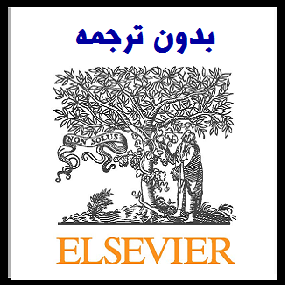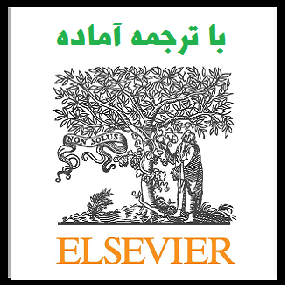دانلود رایگان مقاله تاثیرات رهبری الهام بخش بر ویژگی های پیروان و خوش حالی در کار (HAW) – سال 2020


مشخصات مقاله:
عنوان فارسی مقاله:
جنبه انسانی رهبری: تاثیرات رهبری الهام بخش بر ویژگی های پیروان و خوش حالی در کار (HAW)
عنوان انگلیسی مقاله:
The human side of leadership: Inspirational leadership effects on follower characteristics and happiness at work (HAW)
کلمات کلیدی مقاله:
رهبری الهام بخش، ویژگی های دنبال کننده، خوشبختی در محل کار
کلمات کلیدی انگلیسی:
Inspirational leadership – Follower characteristics – Happiness at work
مناسب برای رشته های دانشگاهی زیر:
مدیریت
مناسب برای گرایش های دانشگاهی زیر:
مدیریت کسب و کار
وضعیت مقاله انگلیسی و ترجمه:
مقاله انگلیسی را میتوانید به صورت رایگان با فرمت PDF با کلیک بر روی دکمه آبی، دانلود نمایید. برای ثبت سفارش ترجمه نیز روی دکلمه قرمز رنگ کلیک نمایید. سفارش ترجمه نیازمند زمان بوده و ترجمه این مقاله آماده نمیباشد و پس از اتمام ترجمه، فایل ورد تایپ شده قابل دانلود خواهد بود.
فهرست مطالب:
Abstract
Keywords
1. Introduction
2. The leadership style, well-being and HAW: Theoretical background
2.1. HAW and IL: Literature background and reciprocal links
2.2. The mediating role of follower characteristics
3. Methods
3.1. Target population and sample
3.2. Measurement and methods
4. Results
4.1. Psychometric properties
4.2. Analysis of hypotheses
5. Discussion
6. Final remarks: Limitations, managerial challenges and future research paths
References
قسمتی از مقاله انگلیسی:
1. Introduction
Leadership is one of the most written-about topics in literature. Numerous books and research papers have discussed the essence, meaning and role of an effective leader (Alvesson, Blom, & Sveningsson, 2016; Day, Fleenor, Atwater, Sturm, & McKee, 2014; Lukoschek, Gerlach, Stock, & Xin, 2018; Newman, Herman, Schwarz, & Nielsen, 2018). However, leadership is becoming less ethical (Byun, Karau, Dai, & Lee, 2018), and there is increasing interest in obtaining short-term results. Greed, selfishness, a continuous desire for more, and irreflexive and unbridled ambition would seem to be a cancerous illness at present (Neuschel, 2005), particularly in the banking industry. Over the last few years, banking firms have witnessed an important lack of professional competence (Callejas-Albiñana, Martínez-Rodríguez, CallejasAlbiñana, & de Vidales-Carrasco, 2017) and in the light of this situation, there may be a need to carry out organizational innovation in the sector, to move away from traditional systems to more flexible designs and relationships (Kornelakis, 2014). Along these lines, it has been suggested that the relationship between leadership style and positive attitudes (Alavi & Gill, 2017), such as commitment and job satisfaction, are key challenges (Lu, Xie, & Guo, 2018), in particular in the current banking sector (Belias et al., 2014). However, very few studies have examined the effects of leadership style on positive attitudes (Kopperud, Martinsen, & Humborstad, 2014), and there is considerable uncertainty over several issues in this relationship (Belias et al., 2014). Following this, following Lu et al. (2018) logic, we argue that inspiration, a central dimension of transformational leadership which, in turn, may be a shared aspect of other leadership styles, goes some way towards explaining how leadership fosters followers’ positive attitudes. A leader must invest time and work in developing his or her intellect, which generates inspiration (Mistry & Hule, 2015).


